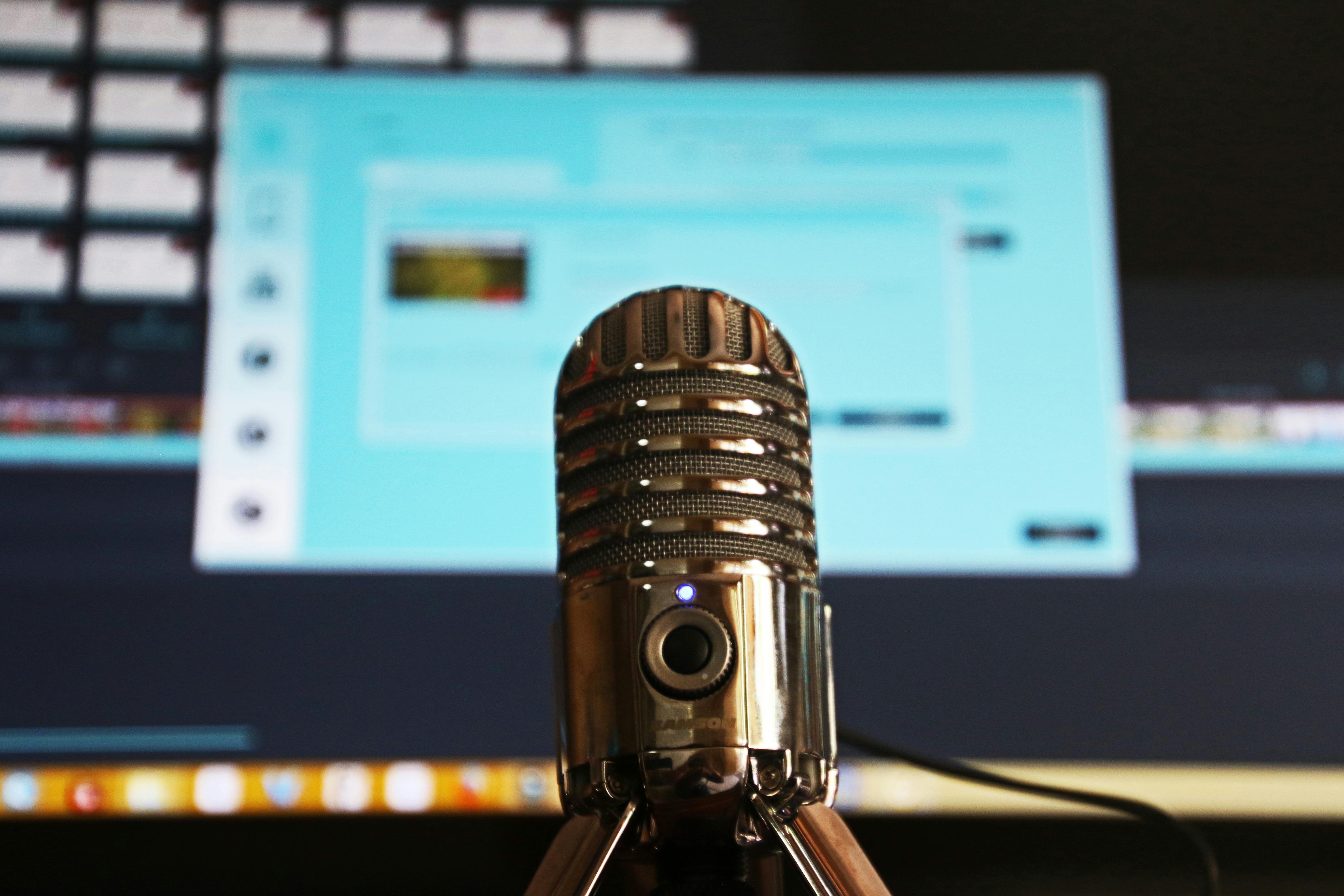Learning Audio Engineering: A Comprehensive Guide
Unlock the basics of creating music with courses designed for all skill levels. Explore techniques, tools, and creative approaches that help you understand the process of music production while developing your own style and improving your workflow in a structured learning environment.

The music production landscape has evolved dramatically over the past decade, with digital technology making it possible for anyone with a computer to create professional-quality tracks. However, raw talent and basic software knowledge only take you so far. Formal education through specialized courses provides the theoretical foundation, technical expertise, and industry insights that separate hobbyists from professionals. These programs range from short online tutorials to comprehensive certification programs that cover everything from sound design to mixing and mastering.
What Are Advanced Music Production Programs?
Advanced Music Production Programs are designed for individuals who already possess foundational knowledge and want to elevate their skills to a professional level. These programs typically cover sophisticated topics such as advanced mixing techniques, mastering for different formats, sound synthesis, and audio post-production for film and television. Students learn to work with industry-standard digital audio workstations like Pro Tools, Ableton Live, and Logic Pro X while exploring complex concepts like frequency spectrum management, compression strategies, and spatial audio design.
Many advanced programs also incorporate business and career development components, teaching students about music licensing, royalty structures, and how to market themselves as producers. The curriculum often includes collaborative projects that simulate real-world studio environments, allowing students to build portfolios while networking with peers and industry professionals. These programs may be offered through traditional music schools, specialized audio institutes, or accredited online platforms that provide flexible scheduling for working professionals.
How Do Home Studio Music Production Courses Work?
Home Studio Music Production Courses cater to the growing number of producers who create music in personal spaces rather than commercial studios. These courses focus on optimizing limited resources, teaching students how to achieve professional results with modest equipment and untreated rooms. Topics typically include acoustic treatment on a budget, microphone placement techniques for home recording, and strategies for working effectively with virtual instruments and sample libraries.
The curriculum addresses practical challenges unique to home production, such as dealing with noise from neighbors, managing computer processing power, and creating effective workflows in compact spaces. Students learn to make informed decisions about equipment purchases, understanding which investments provide the most value for their specific needs. Many home studio courses emphasize the importance of arrangement and composition skills, recognizing that technical limitations can often be overcome through creative problem-solving and strong musical fundamentals.
Understanding Music Production Certification Courses
Music Production Certification Courses provide structured pathways toward recognized credentials that can enhance career prospects and professional credibility. These programs typically require completion of specific coursework, practical projects, and sometimes examinations that demonstrate competency in various aspects of music production. Certifications may be offered by educational institutions, professional organizations, or software companies that want to validate expertise in their platforms.
The value of certification varies depending on your career goals and the issuing organization’s reputation within the industry. Some certifications focus on technical proficiency with specific software or hardware, while others assess broader production skills and musical knowledge. Many employers and clients view certifications as indicators of commitment and baseline competency, though practical experience and portfolio quality often carry more weight in hiring decisions. Some certification programs also provide ongoing education opportunities and access to professional networks that can prove valuable throughout your career.
Choosing the Right Course Format
Audio engineering and production programs are delivered through various formats, each with distinct advantages and limitations. Traditional in-person programs offer direct access to professional equipment, immediate instructor feedback, and networking opportunities with classmates. However, they require geographic proximity to the institution and often come with higher costs due to facility overhead.
Online courses provide flexibility and accessibility, allowing students to learn at their own pace from anywhere with internet access. Many online programs now incorporate live sessions, peer collaboration tools, and instructor feedback mechanisms that partially replicate the in-person experience. Hybrid models combine online theoretical instruction with periodic in-person workshops or studio sessions, offering a middle ground that balances convenience with hands-on learning.
The ideal format depends on your learning style, schedule constraints, budget, and career objectives. Self-motivated learners with existing equipment may thrive in online environments, while those seeking intensive immersion and direct mentorship might prefer traditional classroom settings.
Cost Considerations and Program Comparisons
The financial investment required for audio production education varies widely based on program length, institution reputation, and delivery format. Short online courses might cost a few hundred dollars and span several weeks, while comprehensive degree programs at established institutions can exceed tens of thousands of dollars over multiple years. Certificate programs typically fall somewhere in the middle, ranging from one thousand to several thousand dollars depending on depth and duration.
| Program Type | Typical Duration | Cost Estimation |
|---|---|---|
| Short Online Course | 4-12 weeks | $200-$800 |
| Certificate Program | 3-12 months | $1,500-$8,000 |
| Associate Degree | 2 years | $15,000-$40,000 |
| Bachelor’s Degree | 4 years | $40,000-$120,000 |
| Specialized Workshops | 1-5 days | $300-$2,500 |
Prices, rates, or cost estimates mentioned in this article are based on the latest available information but may change over time. Independent research is advised before making financial decisions.
When evaluating programs, consider not just the upfront cost but also the value provided in terms of equipment access, software licenses, instructor credentials, and career support services. Some programs include industry-standard software subscriptions or provide access to professional studios that would otherwise be prohibitively expensive. Others offer job placement assistance, internship connections, or alumni networks that can accelerate career development.
Building Skills Beyond the Classroom
While structured courses provide essential foundations, successful music producers recognize that learning continues long after formal education ends. The music production field evolves rapidly as new technologies, techniques, and trends emerge. Developing habits of continuous learning through online tutorials, industry publications, and experimentation ensures your skills remain relevant and competitive.
Many producers supplement formal education with self-directed projects, collaborations, and challenges that push creative boundaries. Participating in online communities, attending industry events, and studying the work of admired producers all contribute to ongoing development. The most valuable education combines structured learning with practical application, allowing you to develop both technical proficiency and artistic voice.
Structured learning programs offer pathways into a dynamic and rewarding field, whether you aspire to work in commercial studios, produce your own music, or create audio for multimedia projects. By carefully evaluating program options based on your goals, learning preferences, and budget, you can invest in education that provides lasting value and opens doors to creative opportunities.




